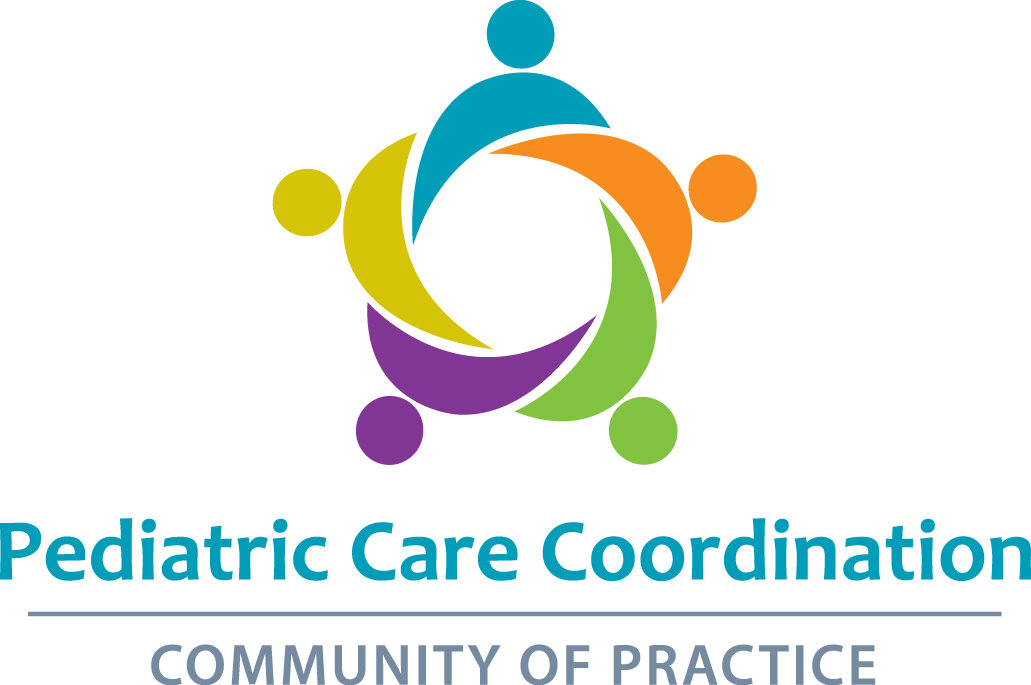Pediatric Care Coordination:
Community of Practice
Tuesday, July 27, 2021
This email includes useful resources and key takeaways from “Understanding COVID-19 Vaccines and Concerns for Children with Specialized Needs and Disabilities” on July 13, 2021. Stay tuned for details on the next discussion in our series of conversations that explore the impacts of the COVID-19 pandemic.
Useful Resources:
Important Considerations for COVID-19 Vaccination of Children With Developmental Disabilities
COVID-19 mRNA vaccines in adolescents and young adults: Benefit-risk discussion
The Conversation: Between Us, About Us: Black and Latinx health care workers answer questions about the COVID-19 vaccines in short videos
A few highlights from Dr. Nathan Chomilo, MD, FAAP - Pediatrician and MDH Assistant Commissioner, COVID-19 Vaccine Equity Director
Children can and do get sick from COVID-19. Some get seriously ill. Children and Youth with Special Health Care Needs are often at an increased risk of severe complications from COVID-19.
COVID-19 vaccines are safe and effective in children and help protect them from the suffering of getting sick from COVID-19 and can help protect them from severe illness.
The most common side effects from COVID-19 vaccines are the same as routine childhood immunizations. Serious reactions are rare. It is significantly more likely to have a serious complication from COVID-19 itself than the vaccines.
Parents are always looking out for children’s best interests, to make the best decisions you need reliable information!
A few highlights from Gillette Children's Specialty Healthcare’s Tina Schlottman, RN, BSN - Infection Prevention Nurse & Britta Saucerman, MSN, RN, CRRN - Adult Inpatient and Nursing Support Education Specialist
Gillette Children's Specialty Healthcare hosted a patient/unpaid caregiver COVID-19 vaccine clinic and gave over 5,000 doses.
Why children may be afraid of the vaccine:
May have had many procedures throughout life, and some may not have gone well
Loss of control
Fear of unknown
First time out of the house
Tips from Gillete on how to help kids who are afraid of the vaccine
Ask parents or the patient questions, such as what has helped ease fears in similar situations in the past
Take your time and maintain trust; patients can sense when you’re rushing
Explain each step (e.g., describe what an alcohol wipe looks like and that it will be cold)
Reframe as a celebration (e.g., the patient will get to go to summer camp or see friends once vaccinated)
Be flexible (e.g., vaccinate kids where they feel comfortable, such as in their cars)
Include their stuffed animal or other comfort item; Gillette staff sometimes pretended to vaccinate the stuffed animal before the patient
Use iPad to watch favorite videos or listen to music
Encourage choices (e.g., allow patients to make choices, such as what chair to sit in, which staff person gives the vaccine, what arm to receive the vaccine in)
Lessons learned
Adequate space: Have space so that kids can move to a different location within the site or have a quiet, private room, if needed
Right number and mix of staff: Have enough staff on hand to offer each other help and assemble an interdisciplinary team, including a child life specialist and pharmacist
Staying ahead of news: Know about common misinformation and be ready to offer answers
The Pediatric Care Coordination: Community of Practice was pleased to host this discussion in collaboration with the Minnesota Department of Health’s (MDH) Persons with Disabilities Unit and the Minnesota Consortium for Citizens with Disabilities (MNCCD). It is part of MDH and MNCCD’s Let’s Talk series. Stay tuned for info on our next interactive virtual discussion.
The Pediatric Care Coordination: Community of Practice is a program coordinated by ACET Inc. under a grant funded by the Minnesota Department of Health. Opinions expressed herein do not necessarily represent the Minnesota Department of Health’s position or policy.
Feel free to share this newsletter with anyone who can benefit from the content provided within.
For more information, please contact info@acetinc.com or (952).922.1811.
ACET, Inc., Minneapolis, MN
